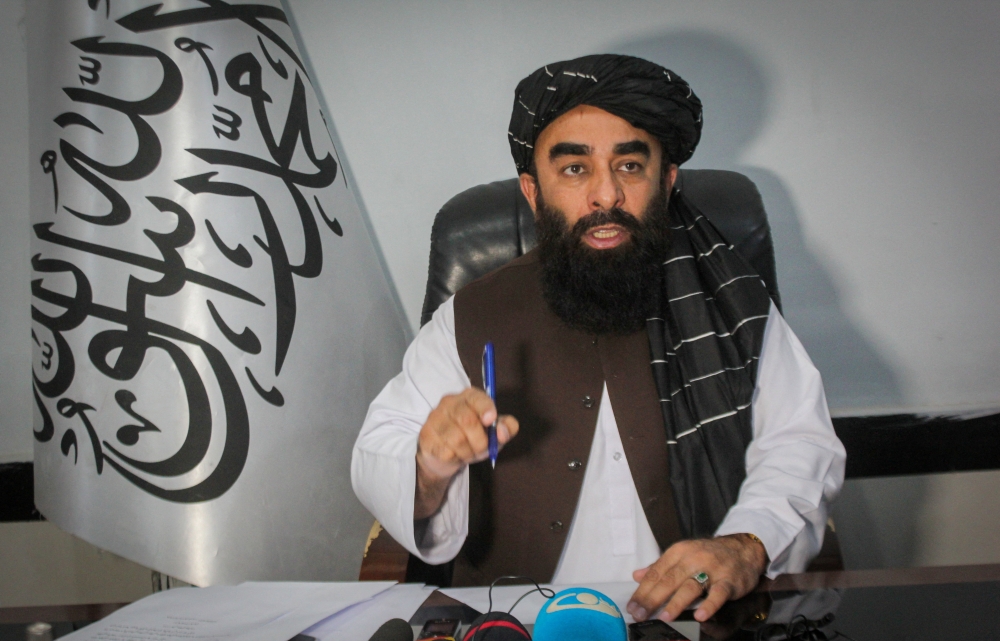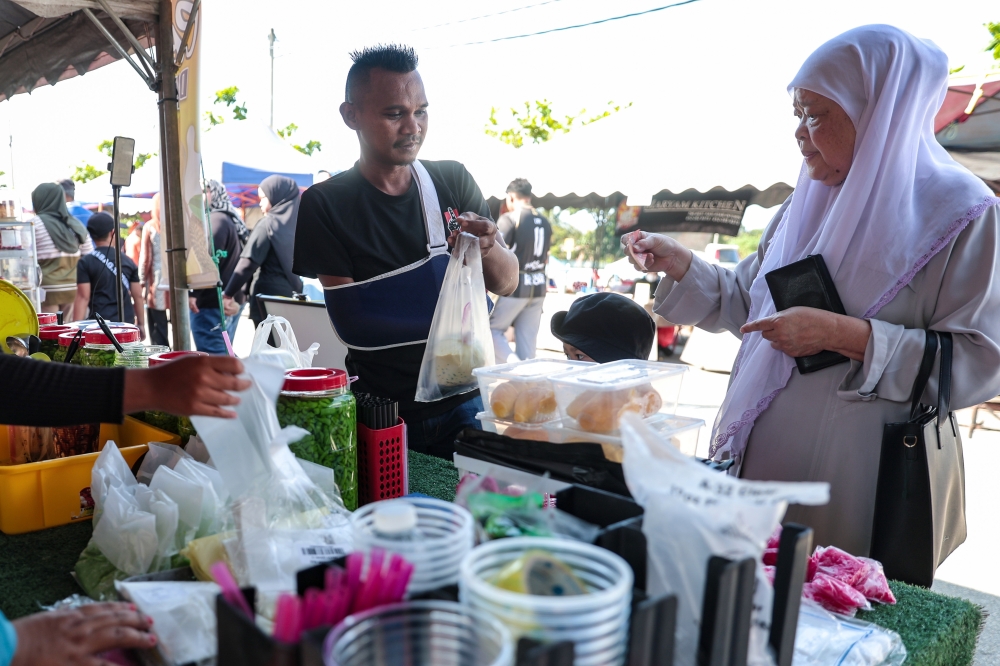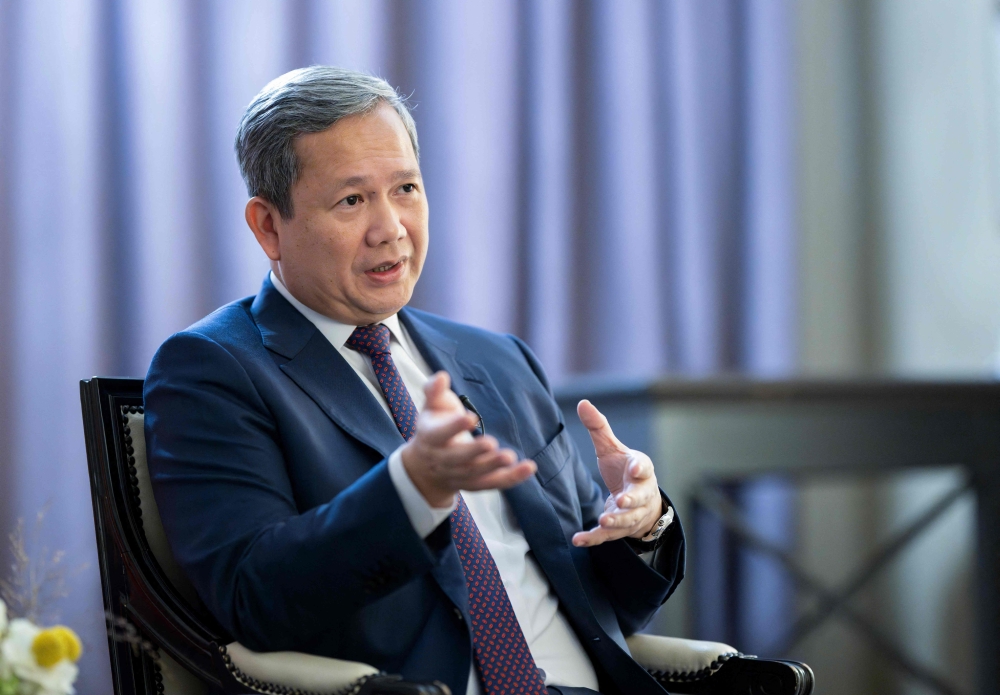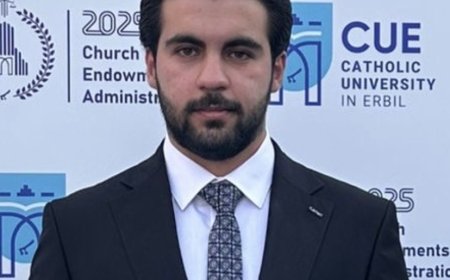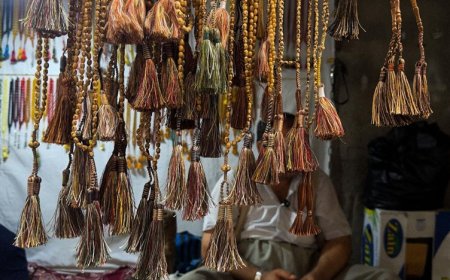Iraq faces 'extremely dangerous' drought amid Turkey’s water cuts: MP

ERBIL, Kurdistan Region - Iraq is in an “extremely dangerous” state due to water scarcity, a lawmaker warned Tuesday, blaming Turkey for backtracking on its promise to release more water and citing a broader crisis driven by upstream dams and climate change.
Thaer al-Jabouri, a member of the Iraqi parliament's agriculture, irrigation, and marshlands committee, told Rudaw that the country is going through an “extremely dangerous” situation in terms of drought and water scarcity.
He attributed part of the water shortage to Turkey, saying that Ankara “has not committed to releasing Iraq's water share. It has regretted the decision to release more water to Iraq. The increase in water lasted only a few days and then returned to the same previous situation.”
In early July, Iraqi Prime Minister Mohammed Shia’ al-Sudani ordered the monitoring of water flows from Turkey, after a meeting between parliament speaker Mahmoud al-Mashhadani and Turkish President Recep Tayyip Erdogan.
According to an Iraqi parliament statement at the time, Erdogan approved Mashhadani's “request to release 420 cubic meters of water per second daily."
On Saturday, Ahmed Dubardani, a member of the Nineveh Provincial Council’s agriculture and water committee, blamed a massive drop in water levels at Iraq’s largest dam, Mosul Dam in northern Iraq’s Nineveh province, on a dry winter and reduced releases from Turkey.
“The reduced water releases from Turkey is the main reason,” he told Rudaw, explaining that while the rate should be 600 cubic meters per second from the Tigris River, it is only releasing 100.
Iraq is facing a severe water shortage because of reduced precipitation, higher temperatures, mismanagement, and upstream dams in neighboring countries. It ranks fifth among the most vulnerable countries in the world to the effects of climate change, according to the United Nations.
Iraq does not have a comprehensive water-sharing agreement with Turkey and Iran, and this, combined with a drier winter this year, has made the situation more critical.
“The year 2025, due to the continued decrease of incoming water from neighboring countries, especially Turkey, will be one of the most difficult years that Iraq will go through,” Aoun Diab Abdullah, Iraq's water resources minister, Iraqi state media.
He said that Turkey’s dams on the Euphrates River for electricity generation have caused a reduction in incoming water to Syria and Iraq.
According to the minister, the amount of water released from Turkey to the Syrian border is currently about 350 cubic meters per second, but the amount that actually reaches the Haditha Dam - located about 200 kilometers northwest of Baghdad - decreases to less than 200 cubic meters per second.
The World Resources Institute places Iraq among 25 countries that face extreme water stress, meaning it is using over 80 percent of its available water supply and is at risk of running out of water in the event of a short-term drought.
Water scarcity in Iraq is also pushing families in severely drought-struck regions to the brink. In late July, Migration and Displaced Ministry spokesperson Ali Abbas told Rudaw that over 17,000 families have migrated from the Basra, Dhi Qar, and Maysan provinces in the past decade due to “drought, water scarcity, and desertification.”
Public pressure is also growing. Southern provinces like Basra have seen widespread protests in recent months over severe water shortages and pollution.
[Source: Rûdaw English]


